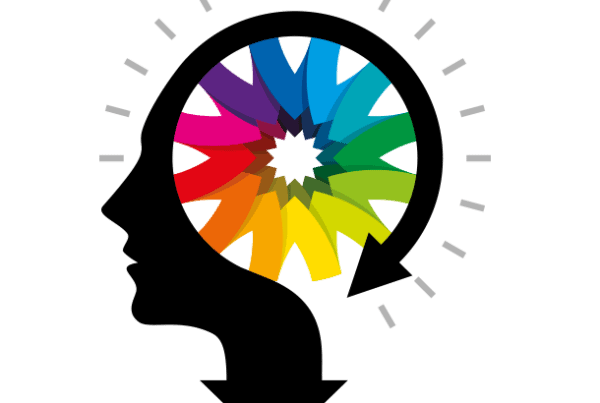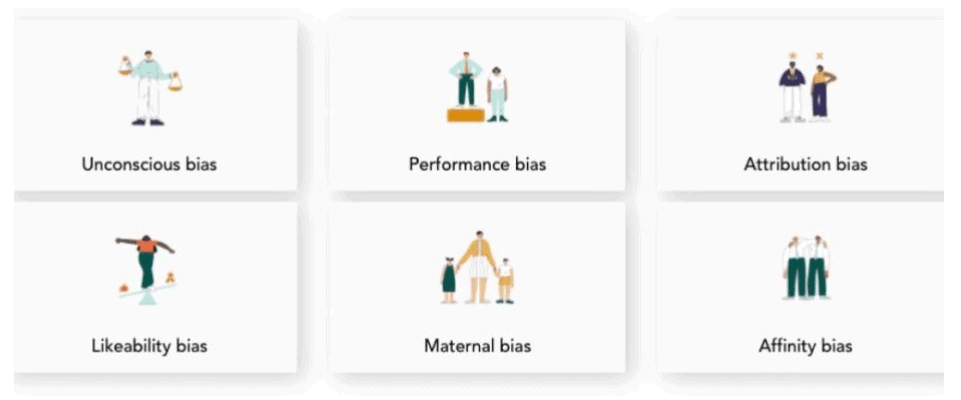
The Role of Emotional Intelligence at the workplace
We all know that intelligence is important for success at work. But what about emotional intelligence?

We all know that intelligence is important for success at work. But what about emotional intelligence?

You have not noticed that the words «manager» and «housewife» sound alike? It is not the result of chance, but of a common etymology: the Italian maneggiare, to which we also owe the name «manège» and the verb «manier». And if we go back even further, all these terms are derivatives of the Latin manus: the hand. Yes, manager, it’s literally driving with your hand. This is what the conductor does when he conducts the musicians; what the parent does with the child he is raising; what the person who runs the house does.

When it comes to the culture and climate of your workplace, trust is essential. Executives and senior leaders play a key role in setting the tone for the entire organisation and fostering a positive work environment where employees feel valued, respected, and supported. Openly communicate with your employees, listen to their feedback, and show that you’re committed to making your workplace a safe and supportive place for everyone.

Workplace biases against women and minorities continue to block many women and organisations from moving forward.
Commentaires récents